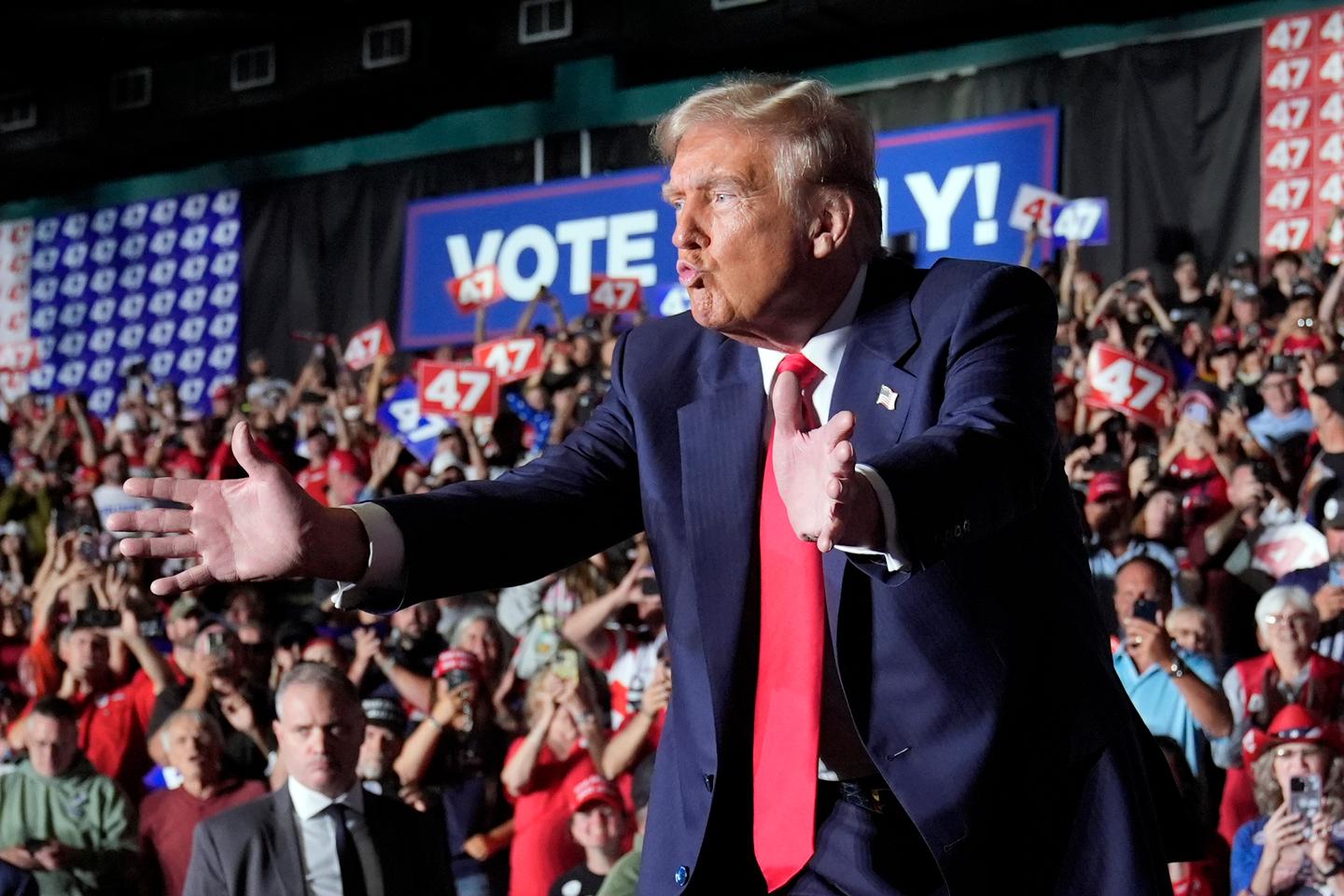


Almost thirty years ago, the American Republican Party had a populist candidate. During the 1996 presidential election primaries, firebrand and provocateur Pat Buchanan sowed panic among conservative elites. Such was the anger of the people, he warned, that in Washington, "the knights and barons" would be "pulling up the drawbridge" to escape "the peasants (...) coming with pitchforks (...) We're going to take this over the top."
At the time, the image of pitchforks and the idea of mass vengeance it conveyed were considered the ultimate transgression. Buchanan, defeated by respectable Republican senator Bob Dole, a World War II veteran, didn't make it past the primary stage. "Buchananism," one of his rivals said, "is anger and rebellion. It's bitterness and division. It's good for TV shows, not the Oval Office." Democrat Bill Clinton was comfortably re-elected president, and Washington went back to business as usual.
Nobody remembers Buchanan. Nonetheless, he was one of the forerunners − along with Newt Gingrich, then Sarah Palin and later the Tea Party − of the American right-wing populism that Donald Trump eventually made so triumphant. Before the era of social media, radio shows like that of political commentator Rush Limbaugh served as their megaphone. By 1995, the Promise Keepers movement had already brought together 60,000 men − and exclusively men − in stadiums to exorcise the malaise of the American male. That same year, the bombing of a federal building in Oklahoma City (leaving 168 dead) exposed the activism of white supremacist networks; its perpetrator, Timothy McVeigh, was arrested, convicted and executed in June 2001. But one terrorist attack followed another. Three months later, the September 11 attacks and the 3,000 deaths left in its wake made everyone forget McVeigh.
Trump, on the other hand, doesn't forget anything. In March 2023, he held a major rally in Waco. This Texas town was not chosen at random: Exactly 30 years earlier, it was the scene of a confrontation between an armed sect and federal forces, which resulted in over 80 deaths. Waco has become a symbol for the far right. In 2023, it was there that Trump glorified the Capitol insurgents imprisoned after the January 6, 2021, attack, and promised to rid the country of "the thugs and criminals who are corrupting our justice system."
Rigging the political debate
So the warning signs of the Trump revolution were there. Since then, it has borne fruit. Trump's achievement is that he has managed to rig the political debate in such a way that not only is it no longer based on facts, but it is also being conducted completely outside the framework of commonly accepted reasoning. In this sense, he has broken the rules observed by his predecessors. Even more in this third presidential battle than in 2016 or 2020, he has been escalating his outrages to the point of raising questions about his sanity.
You have 48.9% of this article left to read. The rest is for subscribers only.
